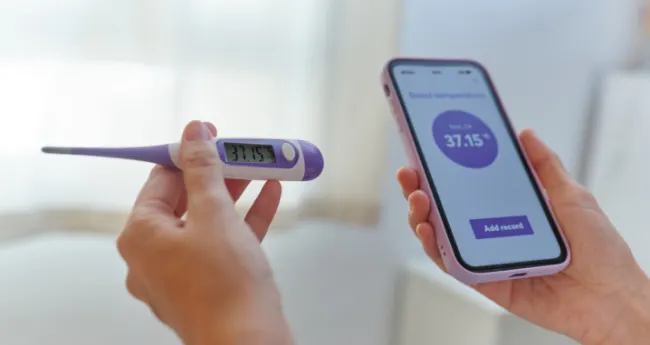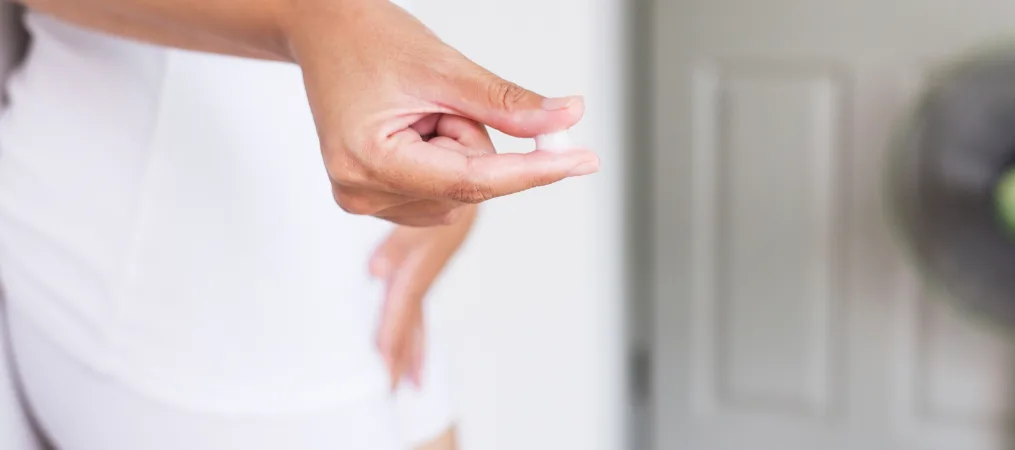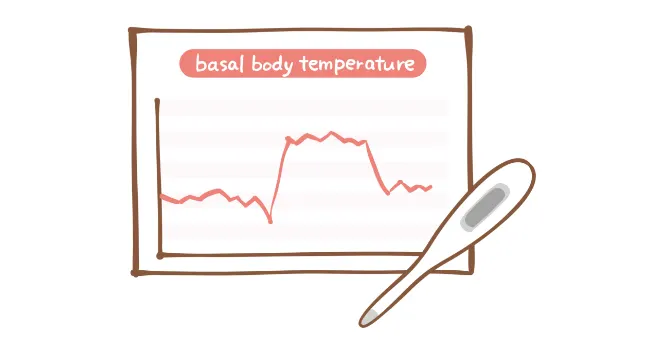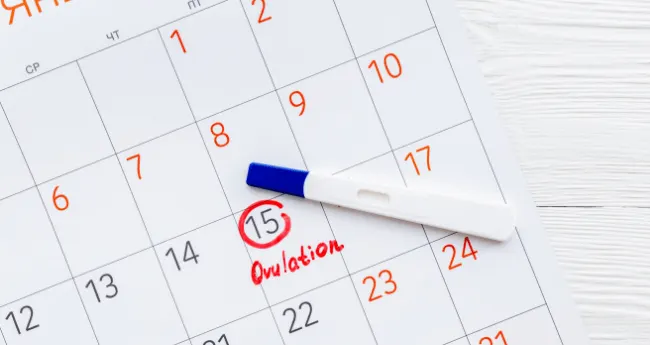How Long Does Ovulation Last?

“How long does ovulation last? How long does an egg stay after ovulation? When does a woman ovulate?” If your internet search history looks like this then you’ve arrived at the right spot. Whether you are trying to conceive or want to learn about your cycle, keeping a track of ovulation is important.
To help you be precise with your ovulation, we’ve decoded when a woman ovulates and how many days does ovulation last. So, keep on reading to learn more!
When Does A Woman Ovulate?
Ovulation is one of the essential phases of a menstrual cycle. Typically, a woman ovulates every month in the middle of her menstrual cycle. It means in a 28-day cycle, you are likely to ovulate 14 days before your next period. If your periods are irregular, the ovulation day would also differ.

How long should ovulation last?
In this journey of fertility and conception, a common question arises - how long should ovulation last, and 'how long do ovulation symptoms last?'. Ovulation, on average, spans a relatively brief period of time. Typically lasting between 12 to 24 hours, this window is when a mature egg is released from the ovary and is primed for fertilisation. Understanding the timing of ovulation within your menstrual cycle is crucial. In a standard 28-day cycle, ovulation commonly occurs around the 14th day, counting from the first day of your period. However, variations in cycle length can influence this timing. For instance, in a shorter cycle of 21 days, ovulation might occur around day 7.
Ovulation is often accompanied by telltale signs, including increased libido, cramping, breast tenderness, and distinct changes in vaginal discharge. If you're wondering, "How long can ovulation symptoms last?" – these symptoms may persist for approximately one day after ovulation. Being attuned to these cues aids in identifying your fertility window.
How Long Does Ovulation Last Each Month?
Coming to the million-dollar question - how long does ovulation last? The magic number lies between 12 to 24 hours! So, if you are wondering, “how many days does ovulation last?” It is just one day.
However, this doesn’t mean that conception depends on how long you ovulate. Sperm has the ability to live in the uterus and fallopian tubes for up to six days. Once this window closes, your ovulation symptoms also begin to ease out.
What Happens During Ovulation?
During ovulation, your ovary releases a mature egg for fertilisation. This is your chance to get pregnant. In this window, the egg is pushed down through the fallopian tube. If the sperm is able to fertilise the egg then you will be able to conceive. On the other hand, if fertilisation doesn’t occur, this egg along with the uterine lining sheds in the form of your period.

How To Tell You’ve Begun Ovulating?
As ovulation approaches, symptoms like increased libido, cramping, and breast tenderness begin to show up. If you wonder, “How long do ovulation symptoms last?” they may last for a day after ovulation.
Additionally, you would also notice egg-white-like vaginal discharge. At times like these, using pantyliners becomes essential. Try the ALWAYS Extra Protect Pantyliners which keep you fresh down there with their odour-neutralising technology. These pantyliners are made available in longer sizes to keep you protected at all costs.
How To Track Ovulation?
There are many ways to track your ovulation and know how many days ovulation lasts. It includes charting basal body temperature and tracking cervical mucus. However, the easiest way to keep track of ovulation and be aware of how long does ovulation last is by using an ovulation calculator. Try the Always Ovulation Calendar which also works as an ovulation tracker. It tracks your menstrual cycle and informs you when you will start ovulating. You need to feed in details like when your last period began, how long it lasted and how long is your cycle. With this information, this tool will calculate and give you an estimated ovulation date.

When To See A Doctor
In certain cases, some women of childbearing age do not ovulate due to conditions like Polycystic ovarian syndrome (PCOS). At times like these seeking medical attention is important. Alongside, here are some other scenarios where you should speak to a doctor.
Experiencing irregular periods
Noticing a heavy period or extremely light period flow
Feeling dizzy, or having a fast pulse during a period
Spotting between periods
Experiencing severe pain before or during a period
Bleeding for more than seven days or less than 5 days (if you usually bleed for 5 days)
Takeaway
Ovulation plays a key role in conceiving and even in your menstrual cycle. So, if you are planning a family soon, keeping a track of ovulation is essential. Now that you already know how long ovulation lasts, make sure to have intercourse around that time. If you have any further concerns about ovulation or conception, speak to your doctor. She can provide you with the right guidance and treatments, if necessary.
Disclaimer:
Please note the date of last review or update on all articles. No content on this site, regardless of date, should ever be used as a substitute for direct medical advice, diagnosis or treatment from your doctor or other qualified clinician. Always is committed to ensuring that all of our products meet rigorous safety standards; Always pads prioritize safety, protection and comfort of its consumers.




